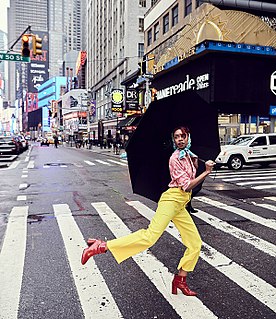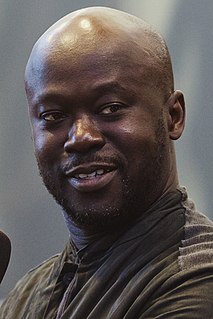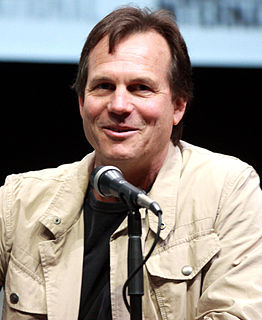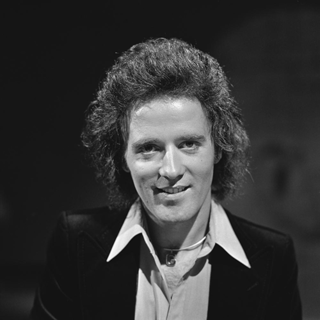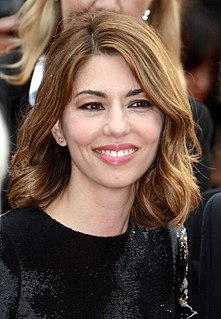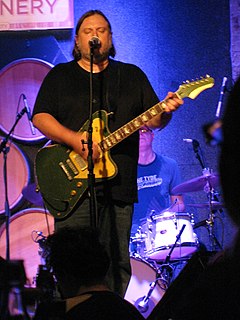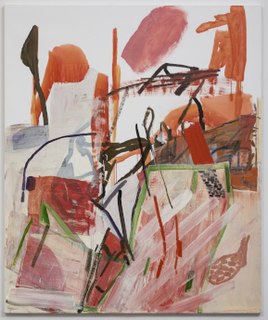A Quote by Aleksandra Mir
Really the moment I decided I wanted to do art seriously, I left art school. I wanted to be with people who were interested in the same things I was: popular culture.
Related Quotes
When I was at art school, a lot of art education is about art being a means of self-expression, and as an 18-year-old I didn't know if I had a huge amount I wanted to express. It was a big moment when I decided I wanted to shift the emphasis or the intention of my art from something I disgorged myself upon and something that actually fed me or made me see the world or understand the world.
What I never wanted in art - and why I probably didn't belong in art - was that I never wanted viewers. I think the basic condition of art is the viewer: The viewer is here, the art is there. So the viewer is in a position of desire and frustration. There were those Do Not Touch signs in a museum that are saying that the art is more expensive than the people. But I wanted users and a habitat. I don't know if I would have used those words then, but I wanted inhabitants, participants. I wanted an interaction.
I got into architecture because I was searching for a way to produce in the world. I went to art school and thought I would do it through art, but I realized very quickly that I was interested in the social ramifications of form making. So buildings became the vehicle and fulfilled that thing. That satisfied me when I produced them. I decided this is what I wanted to do with the rest of my life.
I really didn't know what I wanted to do. I went to art school and tried a bunch of different things, but I knew I wanted to do something in the visual arts. And I'd always been around my dad's film sets, so the interest was there. But I didn't have the guts to say, "I want to be a director," especially coming from that family.
Who would be an artist that was perfectly happy? Maybe nowadays, but when I grew up in the '60s, you had nobody in the art club who was popular. No cheerleaders in the art club. I was told that I couldn't be a painter by my first painting teacher. I said I wanted to go to Cooper and be an art student, and he said, "You'll be a waitress." It was really the strangely indifferent parenting.



